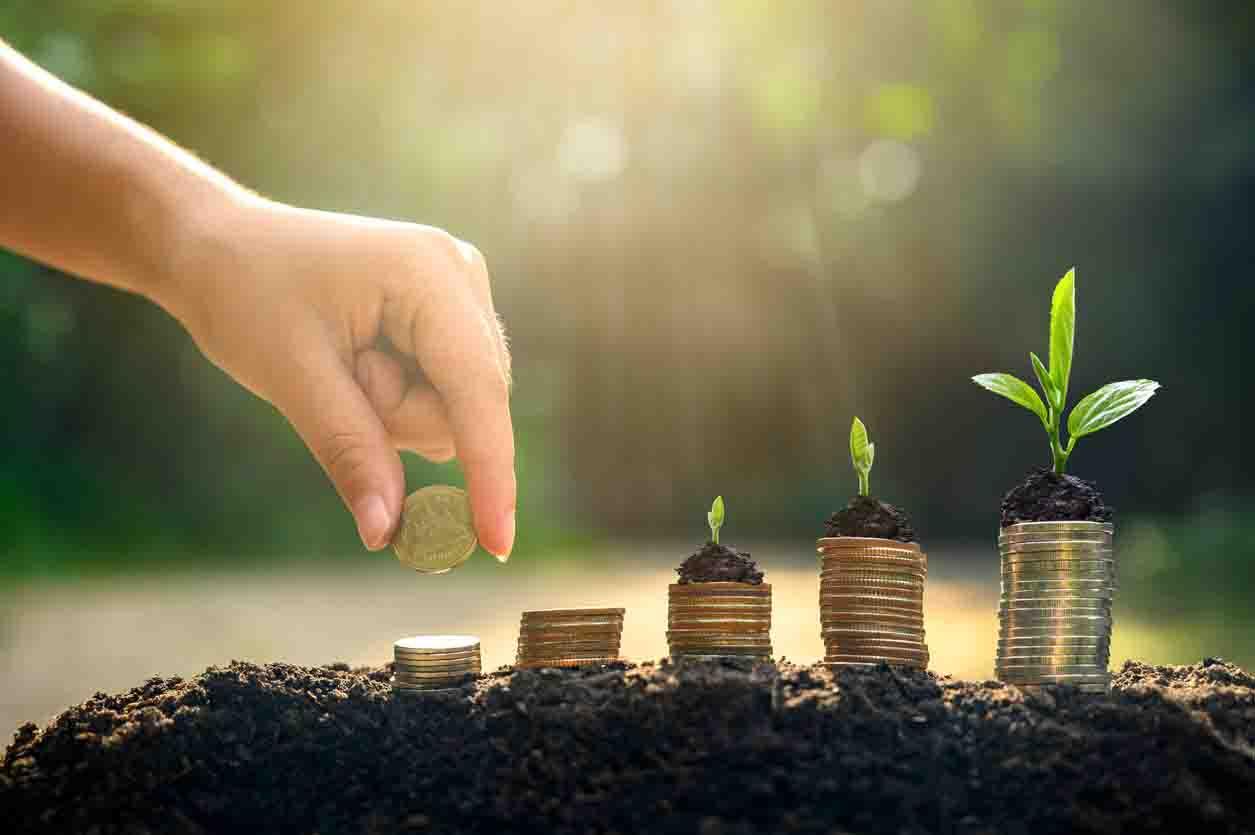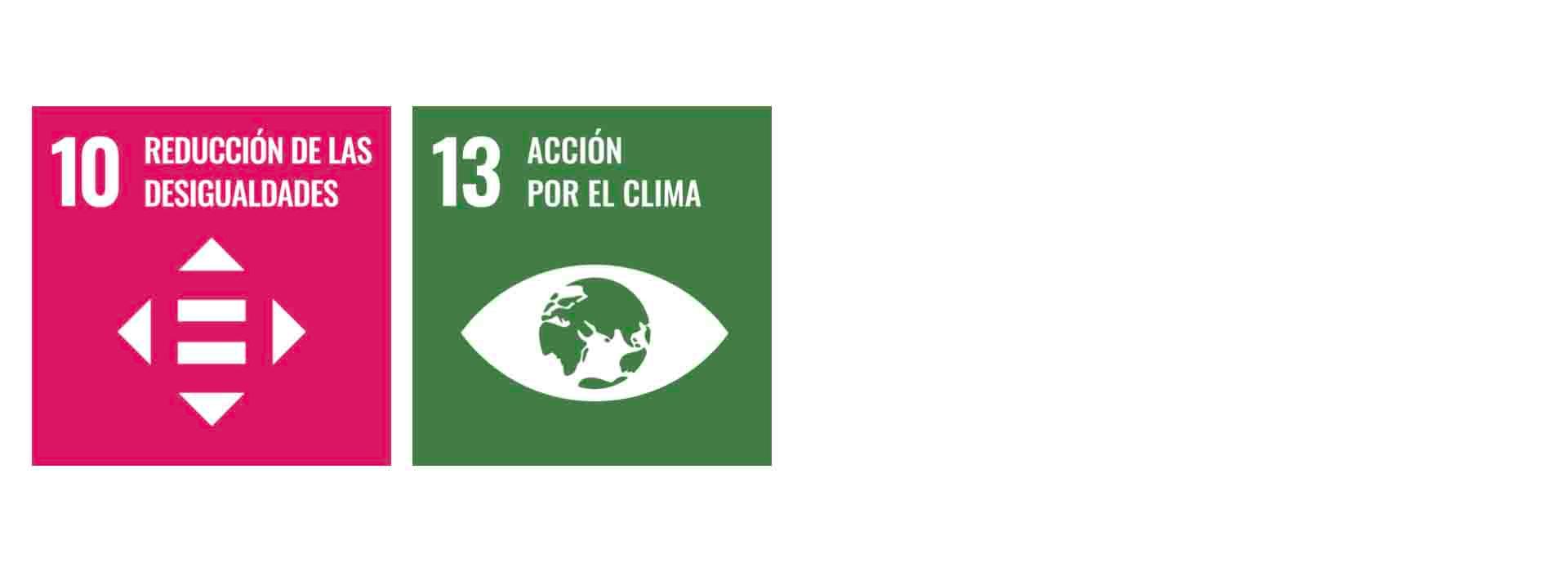
- About UPF-BSM
- Programs
- Faculty and research
- Companies and Organizations
- News & Events
Banks want to save the environment
30 Noviembre - 2021
Gemma Cid Researcher at the Sustainable Finance Chair
-
The historian and writer Yuval Noah Harari writes in his book Sapiens, from animals to gods : “70,000 years ago, homo sapiens was still an insignificant animal that cared of his own things in a corner of Africa. In the following millennia they became the master of the entire planet and the terror of the ecosystem. ”
During the pandemic, in an interview conducted at the end of 2020 , he insisted again, telling us that, with covid-19, nature has sent us a small warning, since“ there are much worse things waiting for us if we don't deal with the environmental problem”.
His voice joins that of scientists and organizations, who warn us that we must prevent homo sapiens from definitively ending the climatic conditions that allow our life and society, as we know them.
This year, the United Nations Climate Change Conference was held in Glasgow . The Summit has not allowed to trust that the countries make a clear commitment to reverse the situation. But even though the general sentiment regarding the Summit has been one of a “missed opportunity,” there is one area in which there has been progress, and it is none other than climate-related finance.
The transition to a more sustainable economy will require many resources, so the role of financial institutions and sustainable finance will be key
The transition to a more sustainable economy will require many resources, so the role of financial institutions and sustainable finance will be key to financing all the changes we must undertake.
In the context of International Banking Day , let's look at three different initiatives that indicate what the role of these entities in the ecological transition can be.
The first is one of the advances of the Glasgow Summit. A pact has been signed for a financial alliance that aims to reach zero net emissions by the middle of the century in the investments made by financial institutions. It is the Glasgow Financial Alliance for Net Zero ( GFANZ) . This "net zero" does not mean that they will invest or channel funds only to investments that do not emit CO2, but rather that they will seek to achieve a balance between the CO2 they cut and that they emit. But although it is clear that we must take as positive this step taken by the main actors in the sector, the truth is that the alliance is born with weaknesses: the agreements are not binding, there is a lack of control mechanisms and, in general, there is a lack of credibility.
The second is prior, it was set in 2019, at the United Nations General Summit. They are the Principles for Responsible Banking (PRB). The principles are designed so that banks have guidance to help them align their business with the objectives of the Paris Agreement. These are: aligning the business strategy to contribute to people and society, increasing the positive impacts and reducing the negative ones of its activity, working with clients and users to promote sustainable practices, participating and partnering with stakeholders to achieve the objectives of the society, adopt a responsible banking culture and guarantee transparency with respect to the principles.
Finally, based on the PRBs and to further specify and help financial institutions in their transition to a responsible banking model, the Climate Safe Lending Network published its Good Transition Plan , a roadmap for banks to embark on the process of transition to a solid governance framework, a correct measurement of risks and impacts based on current scientific understanding, a supporting role to the real world and the ecological transition of its own clients, etc.
If banks are limited to taking commitments to the climate as imposed milestones, they will not be achieved
The three initiatives show us the great work and change that banks have ahead, to be good agents of change in the transition to a sustainable economy and society.
Three final thoughts on it.
The first, the impossibility for banks to make such a change if they limit themselves to taking all those commitments, agreements, principles, or even the different legislations that are emerging (which we have not discussed here) as imposed milestones that they try to get take as own. If so, they will hardly succeed.
For the second reflection we will return to Harari. In the second chapter of Sapiens , Harari surprises us by showing us that we live in a world full of “imagined realities”, and that one of them is corporations or companies. "In what sense can we say that Peugeot S.A. does exist? ”asks the author. We could ask ourselves the same thing with any of those banks that must make so many efforts ... since "the bank" does not decide, does not make an effort, does not comply. It would be nice if we focus on what all of us decide, strive and comply (or not). Of course, the current managers of these institutions are the ones who have the most responsibility, the ones who must be aware and steer their impressive companies towards sustainability, but also their employees, their clients (us), their competition, etc.
For the third reflection, the same concept of "imagined realities". If Harari quickly convinces us that these "imagined realities" (despite not really existing, as trees or lions do) have been the key for humans to be able to collaborate in large groups to achieve great objectives, then we can only hope that the company in which we all must embark without further delay (a company understood as a goal or path towards sustainability) is the "imagined reality" that allows us to achieve the objectives set, all together... or, as Harari says, the covid -19 will have been just a small warning of what may come.
